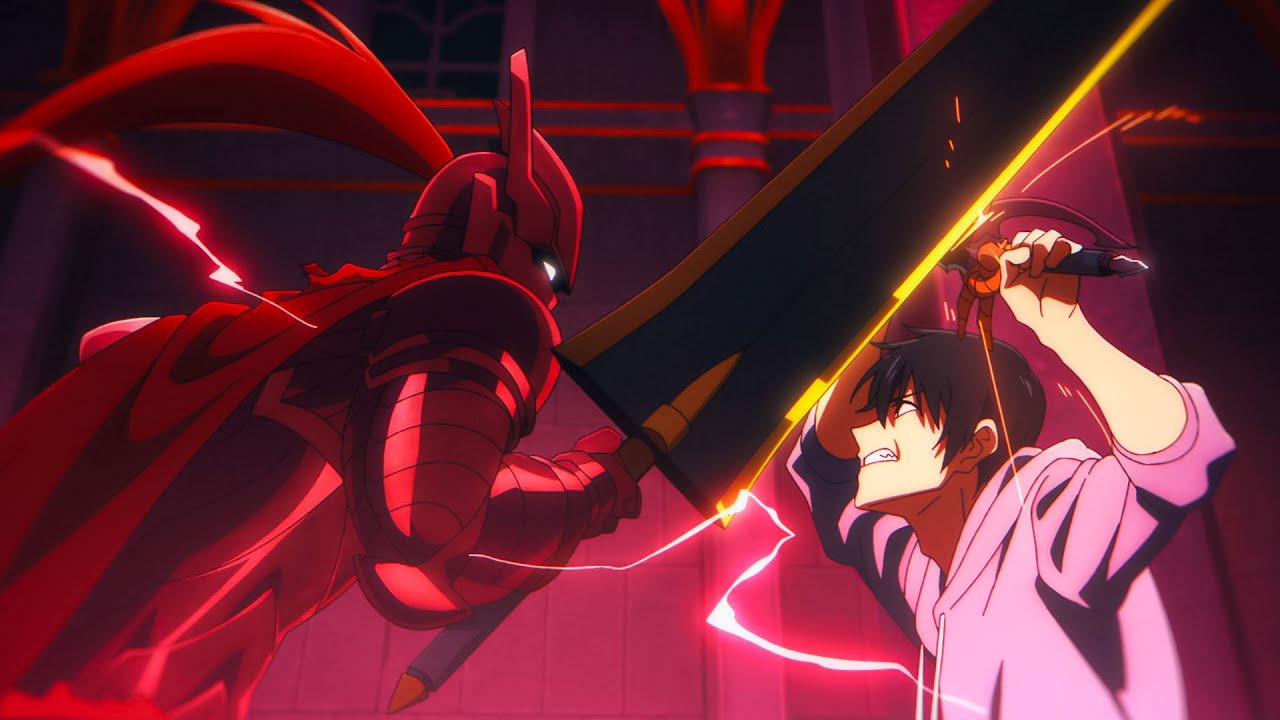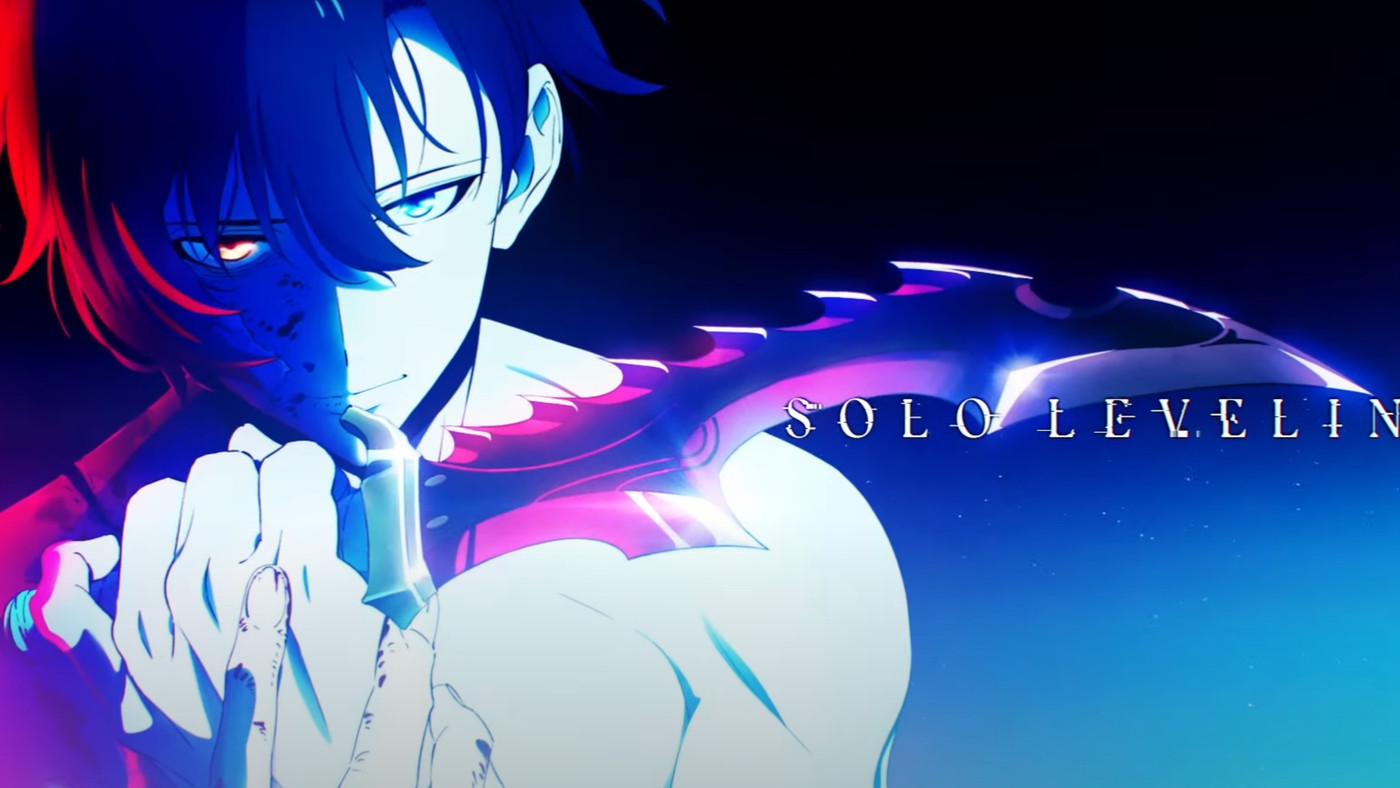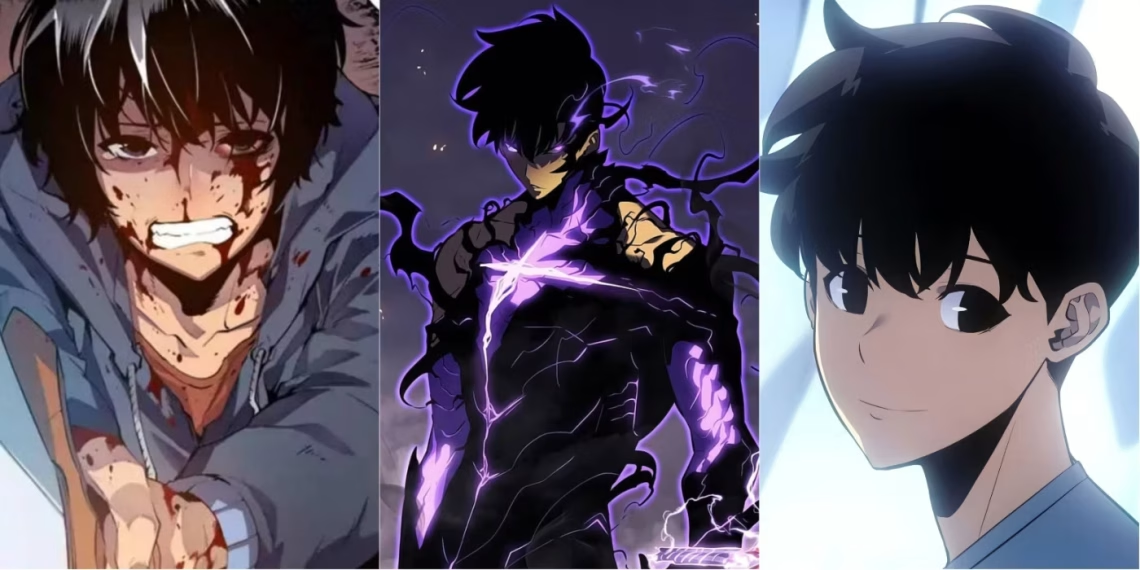Sota Furuhashi, the producer behind the Solo Leveling anime adaptation, recently disclosed intriguing details about the unique localization efforts employed for the series during an interview on Aniplex’s After Hours program hosted by voice actress Sally Amaki.
In the interview, Furuhashi explained that the anime underwent specific localization processes tailored for audiences in Japan versus the rest of the world. This involved a strategic approach to naming conventions and cultural representation within the anime.
Solo Leveling Anime Different Versions for Japan and Global Audience

For the Japanese domestic release, the localization team opted to use Japanese names for characters and settings, providing a more familiar and relatable experience for the local audience. In contrast, for the global release outside of Japan, the anime retained the original Korean names from the web novel and webtoon, maintaining authenticity and faithfulness to the source material.
A notable aspect of this localization strategy was the recording of certain scenes twice, with voice actors delivering lines using both Korean and Japanese names. This meticulous attention to detail aimed to enhance the viewing experience for each respective audience segment, ensuring that viewers felt a strong connection to the narrative and characters.

Additionally, Furuhashi highlighted considerations regarding background art and settings depicted in the anime. The team deliberated whether to portray cityscapes based on Korean or Japanese environments, further emphasizing the localization efforts to resonate with diverse audiences.
The Solo Leveling anime, produced by A-1 Pictures, premiered from January 7 to March 31, 2024, on Tokyo MX and other networks. Crunchyroll is streaming the series across multiple regions globally, excluding China, Japan, and South Korea, where the series is licensed separately.

The success of Solo Leveling underscores the growing popularity of Korean web novels and webtoons in the international anime community. With the announcement of a second season titled “Arise from the Shadow,” fans can anticipate further adaptations and continuation of the story crafted by Chugong and illustrated by Jang Sung-rak (Dubu).
Furuhashi’s insights into the unique localization approach for Solo Leveling demonstrate a thoughtful and strategic adaptation process aimed at engaging diverse audiences while staying true to the series’ origins and cultural context.
Full Interview: YouTube


















